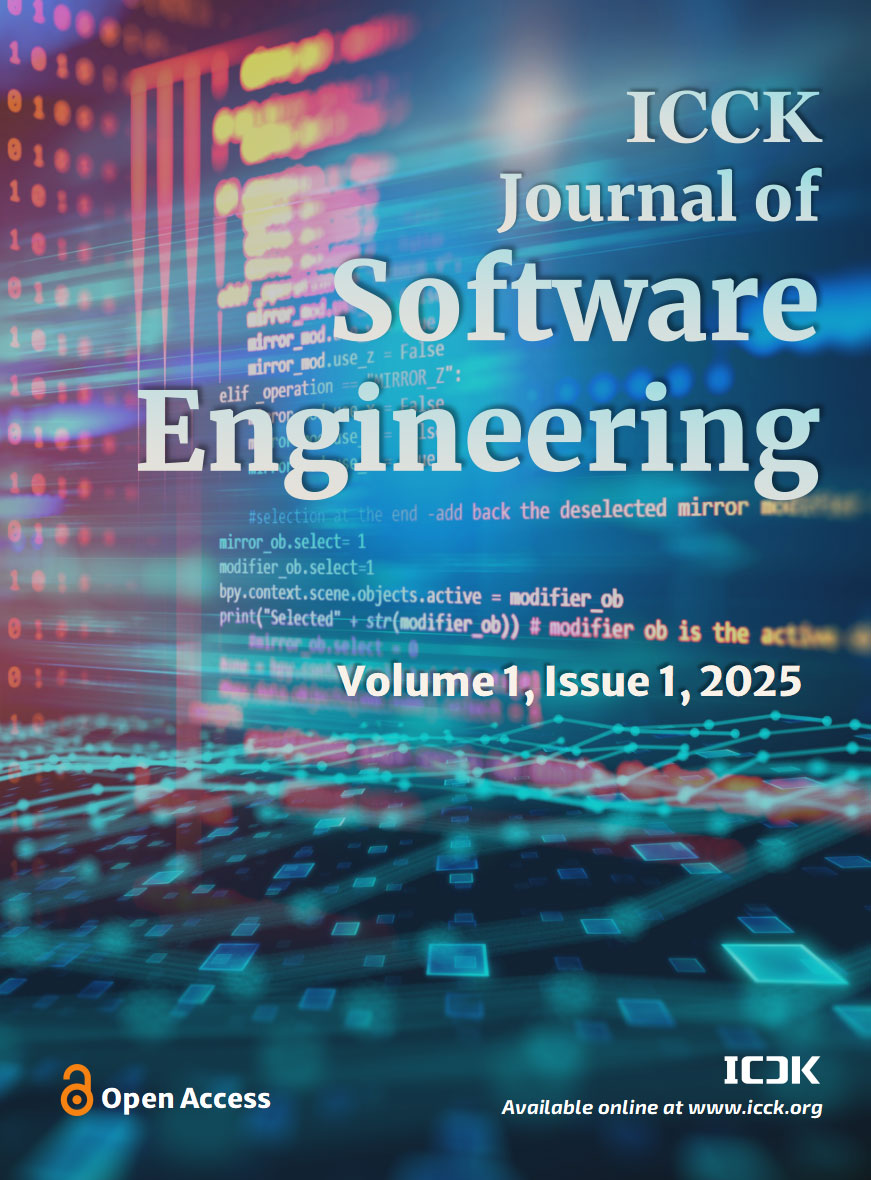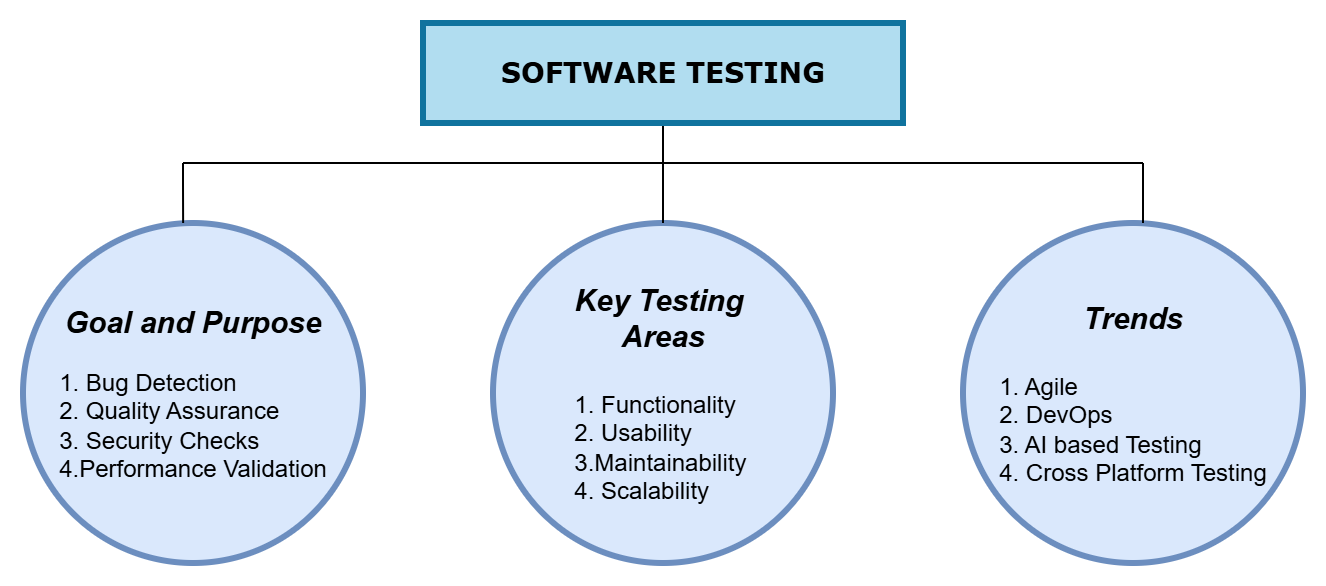Abstract
Software testing is a fundamental pillar of software engineering which ensures that applications function correctly, meet user requirements, and remain reliable under different conditions. As software systems become more complex and the demand for faster development grows, testing strategies have evolved to meet new challenges. This paper aims to comprehensively compare traditional and modern software testing techniques to provide practitioners with a structured understanding of their evolution, strengths, limitations, and applicability. It covers classical methods such as unit testing, integration testing, system testing, acceptance testing and other testing types like black-box, white-box, and grey-box. Each method is analyzed based on its purpose, advantages, limitations, and best use cases. The paper also explores current testing trends including AI-augmented testing, continuous testing in DevOps, shift-left and shift-right testing, and large scale automated testing. It highlights the growing importance of testing in cloud-native and microservices-based environments. These modern practices are evaluated for their impact on software quality assurance, particularly in improving test coverage, fault detection, usability, and security. The survey also identifies challenges faced by testing teams, such as flaky tests, tool complexity, test data management, and AI explainability. Finally, the paper offers future directions including smarter automation and more accessible testing tools. This work serves as a useful guide for software engineers, testers, researchers, and QA professionals seeking to understand the evolving role of software testing and apply effective strategies in modern development environments.
Keywords
software testing strategies
software quality assurance (SQA)
black box and white box testing
AI-augmented testing
test automation
Data Availability Statement
Data will be made available on request.
Funding
This work was supported without any funding.
Conflicts of Interest
The authors declare no conflicts of interest.
Ethical Approval and Consent to Participate
Not applicable.
Cite This Article
APA Style
Akhtar, S. (2025). Software Testing Evolution: Comparative Insights into Traditional and Emerging Practices. ICCK Journal of Software Engineering, 1(1), 46–62. https://doi.org/10.62762/JSE.2025.246843
Publisher's Note
ICCK stays neutral with regard to jurisdictional claims in published maps and institutional affiliations.
Rights and Permissions

Copyright © 2025 by the Author(s). Published by Institute of Central Computation and Knowledge. This article is an open access article distributed under the terms and conditions of the Creative Commons Attribution (CC BY) license (
https://creativecommons.org/licenses/by/4.0/), which permits use, sharing, adaptation, distribution and reproduction in any medium or format, as long as you give appropriate credit to the original author(s) and the source, provide a link to the Creative Commons licence, and indicate if changes were made.


 Submit Manuscript
Edit a Special Issue
Submit Manuscript
Edit a Special Issue

 Copyright © 2025 by the Author(s). Published by Institute of Central Computation and Knowledge. This article is an open access article distributed under the terms and conditions of the Creative Commons Attribution (CC BY) license (https://creativecommons.org/licenses/by/4.0/), which permits use, sharing, adaptation, distribution and reproduction in any medium or format, as long as you give appropriate credit to the original author(s) and the source, provide a link to the Creative Commons licence, and indicate if changes were made.
Copyright © 2025 by the Author(s). Published by Institute of Central Computation and Knowledge. This article is an open access article distributed under the terms and conditions of the Creative Commons Attribution (CC BY) license (https://creativecommons.org/licenses/by/4.0/), which permits use, sharing, adaptation, distribution and reproduction in any medium or format, as long as you give appropriate credit to the original author(s) and the source, provide a link to the Creative Commons licence, and indicate if changes were made. 